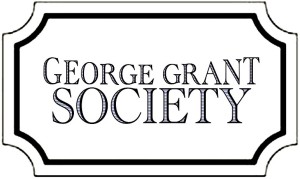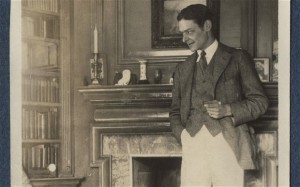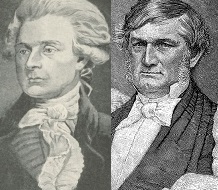 But, you might ask, “Why write a book about High Toryism? In a time when liberalism and American republicanism so permeate every inch and corner of life, surely the concept and notion of High Toryism is fading away – is passé?” Such questions only serve to highlight the urgency of Dart’s task. He has recognized, only too clearly, that if we allow the “Moloch” of liberalism to remain unchecked and unquestioned, we will lose an important part of ourselves as Canadians at cultural, political and spiritual levels. Professor Dart has stated the matter succinctly: “In one sense there is a counter to cultural amnesia in my work. I’m putting the historical pieces of the drama back together again.” This statement highlights, in a graphic way, the importance of Dart’s latest book within the cannon of Canadian political thought. Continue reading
But, you might ask, “Why write a book about High Toryism? In a time when liberalism and American republicanism so permeate every inch and corner of life, surely the concept and notion of High Toryism is fading away – is passé?” Such questions only serve to highlight the urgency of Dart’s task. He has recognized, only too clearly, that if we allow the “Moloch” of liberalism to remain unchecked and unquestioned, we will lose an important part of ourselves as Canadians at cultural, political and spiritual levels. Professor Dart has stated the matter succinctly: “In one sense there is a counter to cultural amnesia in my work. I’m putting the historical pieces of the drama back together again.” This statement highlights, in a graphic way, the importance of Dart’s latest book within the cannon of Canadian political thought. Continue reading
- – Mitre & Crown –
- Andrew Fraser
- Barry Spurr
- C. S. Lewis
- Enoch Powell
- George Fitzhugh
- George Grant
- Gerry T. Neal
- Gregory Lauder-Frost
- John Farthing
- John Milbank
- Lord Sudeley
- Michael O. Cushman
- Peter Hitchens
- Phillip Blond
- Ron Dart
- Samuel Johnson
- Sir John A. Macdonald
- Sir Robert Filmer
- Sir Roger Scruton
- Stephen Leacock
- T. S. Eliot




















